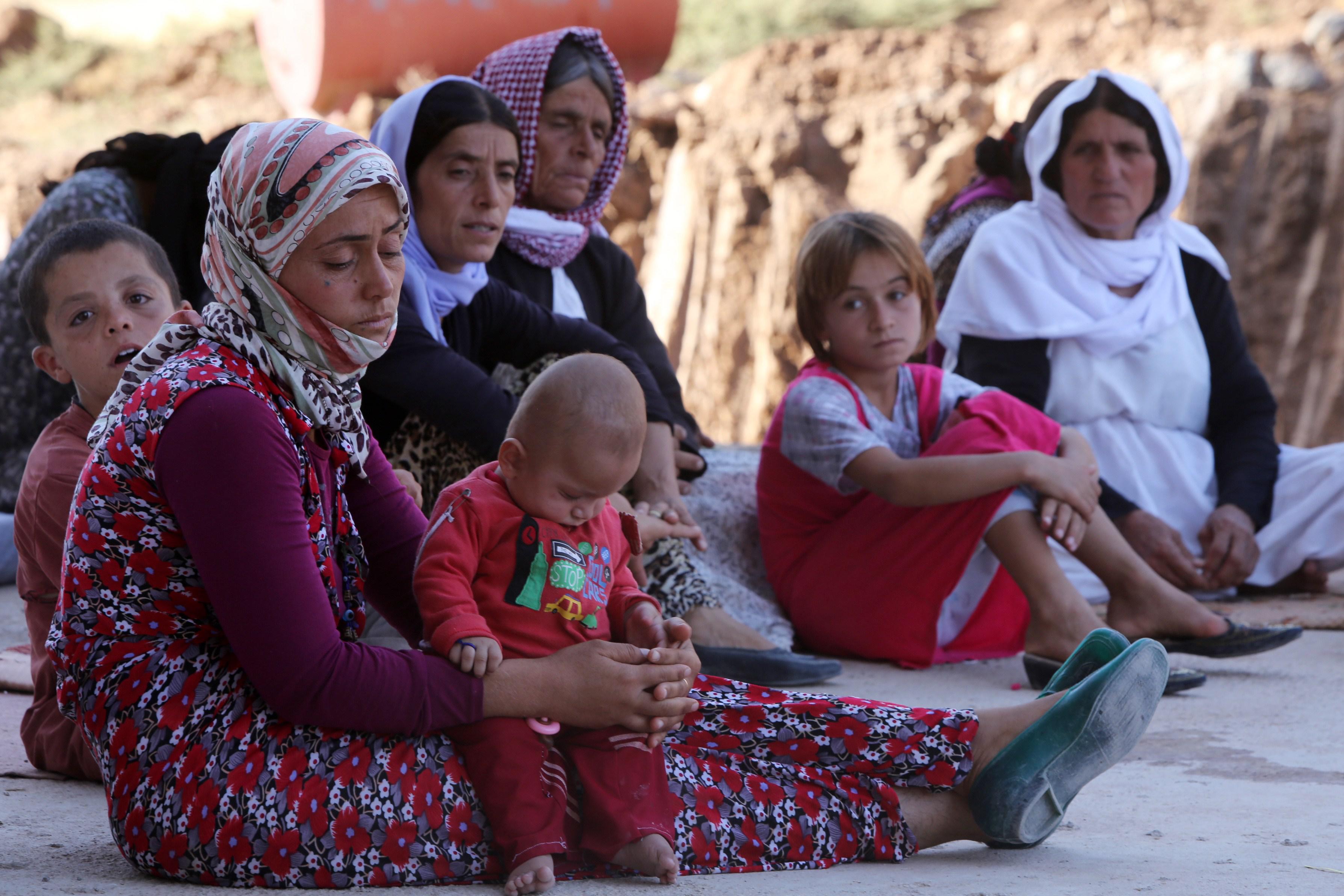Kurdish forces retook control of two key border towns in northern Iraq from Sunni militants as U.S. air strikes continued, raising hope that a group of local fighters could put the brakes on what had so far seemed to be an unstoppable advance by the Islamist militants that had been sweeping through the region. The head of the semi-autonomous Kurdish Regional Government, Massoud Barzani, warned though that continuing to make gains would be far from easy, reports the Washington Post. “We are not only fighting a terrorist group, we are fighting a terrorist state with advanced weapons,” he said, adding that peshmerga soldiers needed more firepower to be able to confront the so-called Islamic State.
Since Friday, the U.S. military has carried out dozens of air strikes on ISIS targets through fighter jets and armed drones. These strikes appear to at least partly have weakened the Islamist militants’ position on Mount Sinjar, where members of the Yazidi religious minority have been trapped. At least 500 Yazidis have been killed since the Sunni militants took over Sinjar earlier this month and there are reports that around 300 women have been abducted. But really, those numbers are nothing more than educated guesses. “We are talking about a group estimated at about 500,000,” Kamal Ameen, a spokesman for Iraq’s Ministry of Human Rights tells the Wall Street Journal. “So when we give those numbers I think we are talking about the minimal casualties of women children and old aged.”
Although some Yazidis have managed to make a path from the mountain into Syria, a White House official tells the New York Times the number was in the hundreds, a small fraction of those that are stranded there. British officials estimated on Saturday that between 50,000 to 150,000 people could be trapped on Sinjar.
